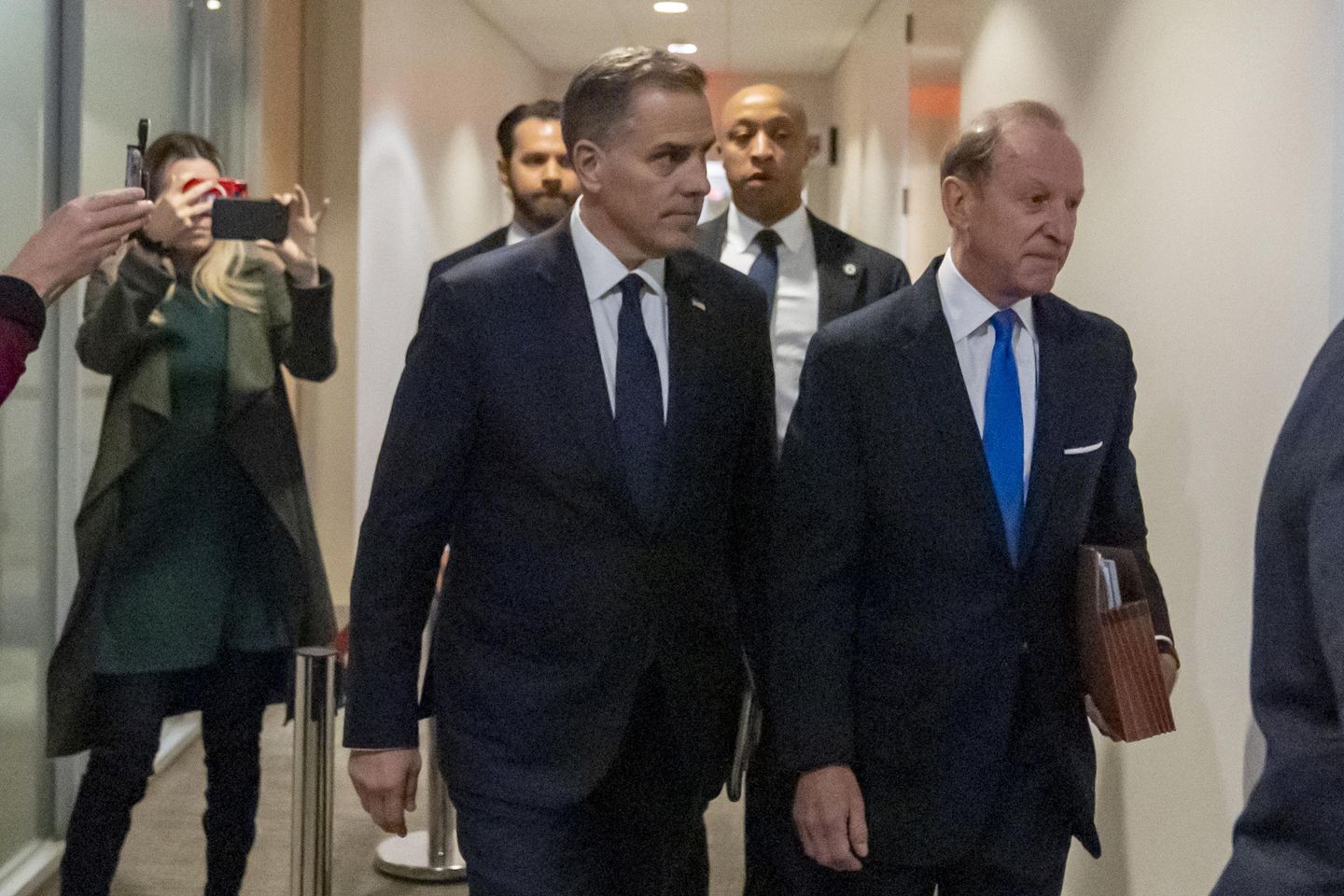In recent news, Hunter Biden has informed lawmakers that his close business associate, and not an oligarch from Kazakhstan, paid for his brand new Porsche. This revelation comes amidst ongoing scrutiny over Hunter Biden’s business dealings and potential conflicts of interest, particularly in relation to his father, then-Vice President Joe Biden. The payment for the Porsche was reportedly wired by the Kazakh oligarch before dining with Joe Biden, raising questions about potential influence or impropriety.
Hunter Biden’s admission raises further questions about his financial ties and transactions with foreign entities, particularly those with potential political interests. The involvement of a Kazakh oligarch in the purchase of a luxury vehicle for Hunter Biden, coupled with the subsequent dinner with Joe Biden, has sparked concerns about potential conflicts of interest and influence peddling. The timing of the payment and the dinner with Joe Biden may suggest a quid pro quo arrangement or at the very least, raise suspicions about the nature of the relationship between Hunter Biden and the Kazakh oligarch.
The revelation also sheds light on the complex web of business dealings and financial transactions that Hunter Biden has been involved in, particularly during his father’s tenure as Vice President. The fact that a close business associate, and not the Kazakh oligarch, paid for the Porsche raises questions about the true nature of Hunter Biden’s relationships and financial arrangements. It also underscores the need for transparency and accountability in the dealings of public officials and their family members, especially when it comes to potential conflicts of interest.
The ongoing scrutiny of Hunter Biden’s business dealings has put a spotlight on the ethical standards and practices of public officials and their families. The fact that Hunter Biden received a luxury vehicle from a business associate, who may have received funds from a foreign entity with political interests, raises concerns about potential influence and impropriety. It also highlights the need for greater transparency and oversight in the financial dealings of public officials and their family members, in order to uphold the integrity of the political process and prevent conflicts of interest.
In conclusion, Hunter Biden’s admission that his close business associate paid for his Porsche, rather than a Kazakh oligarch, raises questions about his financial ties and potential conflicts of interest. The timing of the payment and the subsequent dinner with Joe Biden have raised suspicions about the nature of the relationship between Hunter Biden and the Kazakh oligarch, and the potential for influence peddling. This revelation underscores the need for greater transparency and accountability in the financial dealings of public officials and their family members, in order to uphold the integrity of the political process and prevent conflicts of interest.









